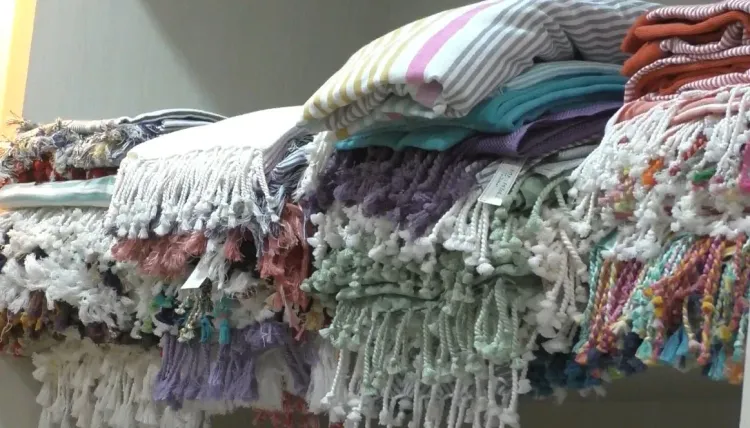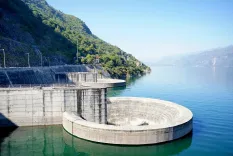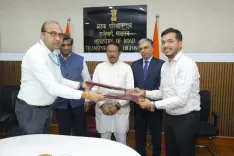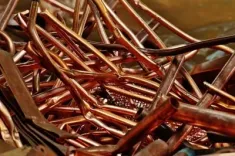How Will Tamil Nadu's Karur Textiles Businesses Benefit from the FTA?

Synopsis
Key Takeaways
- FTA provides duty-free access for 99% of India’s exports to the UK.
- Karur's textile sector is set to experience significant growth.
- Projected doubling of textile exports within 5-6 years.
- Employment opportunities and technological advancements expected.
- Comprehensive economic partnership based on trust.
Chennai, July 30 (NationPress) The Free Trade Agreement (FTA) recently signed between India and the United Kingdom (UK) is anticipated to stimulate substantial growth in Indian exports, particularly benefiting the textile manufacturing sectors.
Noteworthy, the FTA, also referred to as the Comprehensive Economic and Trade Agreement (CETA), provides unprecedented duty-free access for 99 percent of India’s exports to the UK. This encompasses labor-intensive sectors such as textiles, leather, marine products, gems and jewellery, and toys, along with high-growth areas like engineering goods, chemicals, and auto components.
Post-FTA, various employment-intensive sectors including textiles, garments, leather goods, engineering products, and jewellery are optimistic about achieving significant advantages due to the incentives and duty-free access to UK markets. The exemption from duties will enhance the competitiveness of Indian products and unlock new opportunities in international markets.
Karur, a prominent textile center in India, is enthusiastic about the growth opportunities on the horizon. Situated in the Tirupur district of Tamil Nadu, Karur is a central player in India’s ready-made garments sector and is expected to see increased demand for sustainable garments and premium products in UK markets.
This shift is poised to result in a notable increase in exports, expansion of investments, and creation of jobs. Furthermore, it will facilitate skills enhancement and technological progress.
Currently, India’s textile and ready-made garments exports to the UK amount to approximately $1.4 billion annually. With the FTA in place, this figure is projected to double within the next 5-6 years.
“The FTA is not merely about boosting trade; it signifies a comprehensive economic partnership founded on trust between the two nations. We express our gratitude to the Prime Minister for successfully finalizing this agreement,” stated Homeline Textile’s Angelina Stephan Babu.
Significantly, the FTA ensures the elimination of tariffs on about 99 percent of tariff lines, encompassing nearly the entire trade landscape of India. This implies that almost all Indian goods such as textiles, leather, marine products, gems and jewellery, toys, chemicals, engineering products, and agricultural products will gain entry into the UK market at zero duty.









